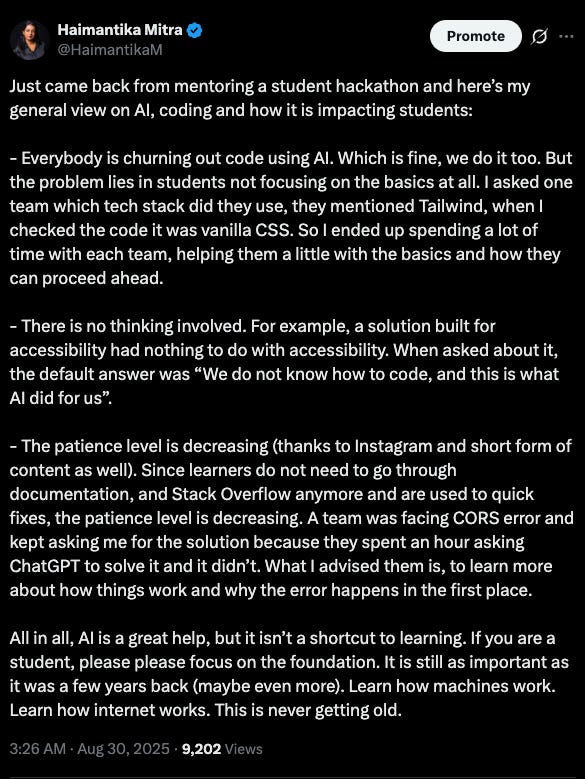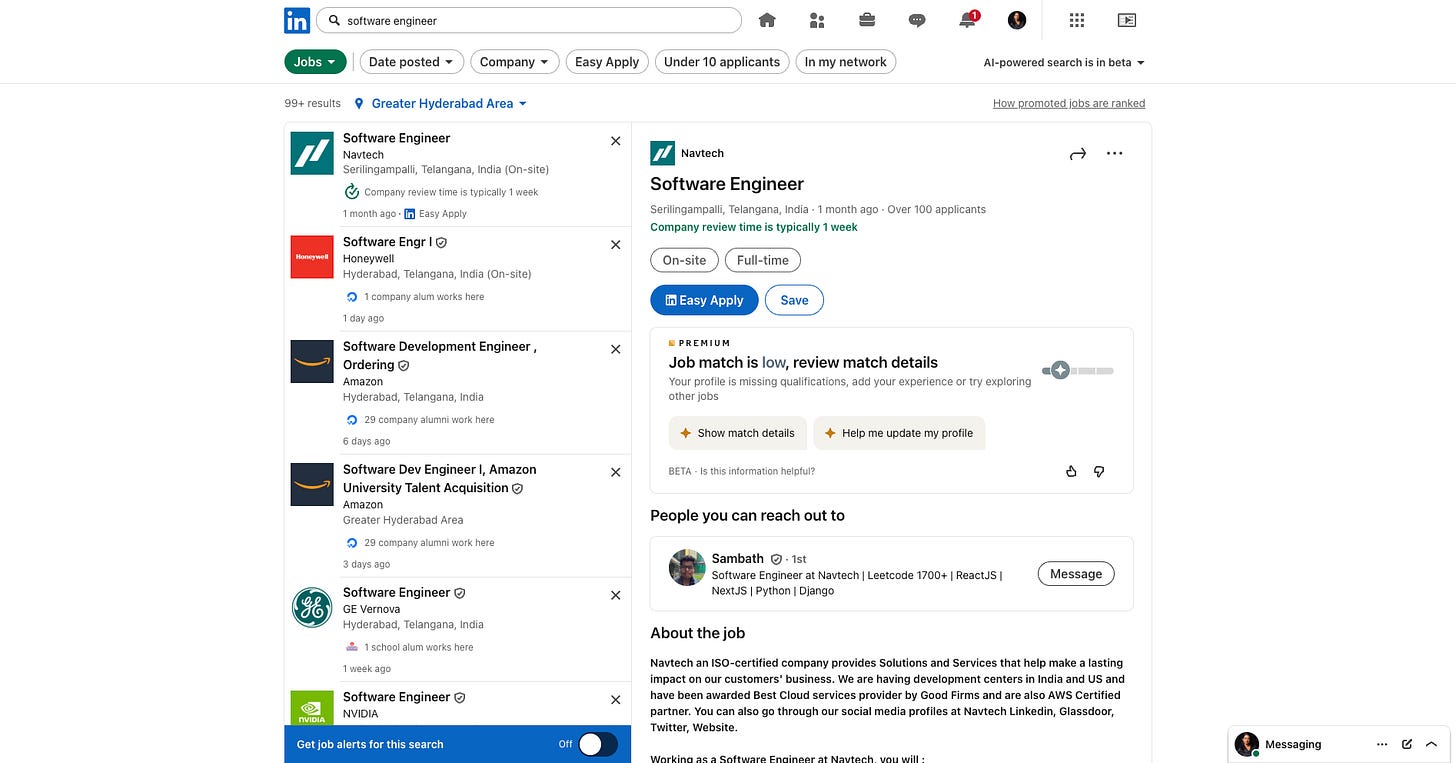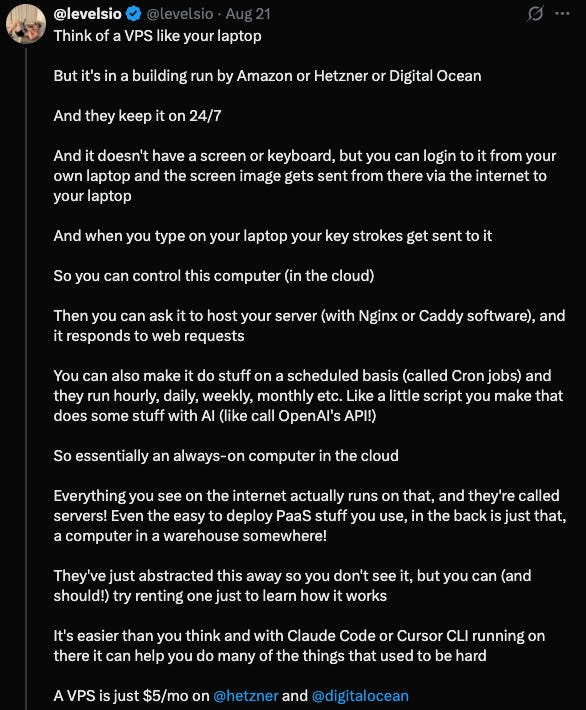How is AI changing our lives? Based on real conversations
AI is literally everywhere, some fear it, some embrace it.
As someone working in tech, AI is a part of my daily life—whether it is building it or building with it. Like me, there are thousands of other folks across various roles using AI in some form or another. Let’s be real: embracing AI and fearing it might take away our jobs goes hand in hand for a lot of us. In this month’s issue, I will highlight some problems that people across different job roles are facing and how we can work on them to become better.
“I might forget how to code”
Says a software engineer with 5 years of experience. His main concern is that AI is writing so much of his code that he might soon forget how to write code. But he continues to say that there is too much work every week. One might think that with AI writing code, people must have more time on their hands, right? But no, it is merely changing the way we work, and we are now focusing on other things. The shift is already happening. Big companies are now “security-first” along with being “AI-first,” so all the code that AI is writing has to be made secure, and this is how you naturally upskill on the security part of things.
With AI, it is an expectation that you will be a generalist with expertise in a few areas. Until a few years ago, one would have to remember syntax, but with AI in our IDEs, if you know how to work on the logic and have a basic understanding, learning new things only takes a few days. While it might feel like we are taking a “shortcut,” it isn’t; every company’s go-live time has been reduced by half. So, if you do not speed up, that is when your chance of becoming redundant becomes higher.
For professionals like us, “going with the flow” is more important because the transition is naturally happening, and upskilling is already a part of it. So if you do not restrain yourself and are open to taking on new challenges, along with spending some time on new things that are coming up, you should be good. To be honest, when we entered the tech world, we knew that the industry needed us to be updated all the time, so it is not a shock to any of us, it is only the speed that gets us scared. Have faith in your capabilities and you will be just fine.
“There’s so many new things that are coming that we need to go outside the curriculum to teach the students”
Recently, I visited a college, and the professors were talking about how they spend time obtaining certifications and reading research papers to teach students about new technology. If you are a professor or someone in the education industry, you should try your best to include more practical and real-life use cases along with theory. Most institutions do not have the required labs, and students end up learning hands-on topics like DevOps only through books. The education industry is here to stay and thrive. To make it better, you as an educator should focus on how you can collaborate with communities or companies that have student-focused programs to bring those opportunities and sandbox environments where they can use the skills they learned in the books.
And finally, if you are a student, please focus on the foundation and improving your understanding of code and machines. Even with AI writing code, problem solving skills will be needed and that is what differentiates you and AI as an engineer.
I wrote this thread on my recent observations from a student-focused hackathon, and the main thing that I found missing is: understanding of system and code, and critical thinking.
Jobs are here, and the demand for engineers will continue being the same. Below is a screenshot of developer openings in Hyderabad, even with recession in place. Our focus should be to work on the skill-gap and just continuing to challenge ourselves.
Other than this, here are some tips that I have received and gathered from the internet to help us stay afloat in the AI job market is:
Go deeper into any skill or project that you are building. Try to understand everything and how every little part of a solution works. The better you understand systems, the more your value as a problem solver/engineer increases.
Build an online presence. As cliché as it might sound, your work being visible on the internet helps you find opportunities and helps opportunities find you. Here’s a podcast by my friends on how they found jobs online 👇
Build your network. This is not new; having a network or people who can vouch for you has been effective forever, and now, with competition being so fierce, it works better than ever.
Build and ship. Spend some time learning beyond your work and build your ideas. This could be your first big side project, or you might end up building something that improves your current workflow. Either way, it's a win-win for you. Follow the right people on the internet to learn how and what they are doing; this tweet below is a great example of that.
With that, I end by saying that all of us are figuring it out; we don’t know what jobs AI will create and what jobs it will make redundant. The best we can do is upskill and embrace the new tech that is coming our way.




